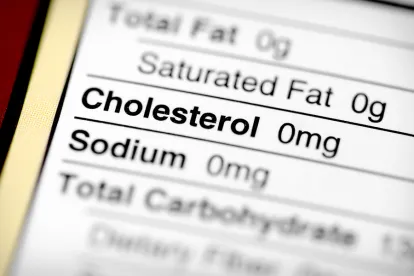A new study by researchers from Northwestern University found that 0.49% of Americans, or 1.5 million children and adults, reported having an allergy to sesame, based on responses to a national survey of over 50,000 households. The results of the study indicate that there may be more Americans with a sesame allergy than there are people allergic to tree nuts, like pine and macadamia nuts. More than a decade ago, similar research reported that only 0.1% of consumers had a sesame allergy.
The results of the study come almost a year after the FDA announced that it would consider adding sesame to the list of major allergens required to be labeled. As required by the Food Allergen Labeling Consumer Protection Act (FALCPA), federal law provides that foods containing one of the eight “major food allergens” – milk, eggs, fish, shellfish, tree nuts, peanuts, wheat, and soybeans – must declare the food source of the allergen using its common or usual name on food labels. In light of new evidence that sesame allergies may be a growing concern, FDA issued a request for information in October 2018 “to learn more about the prevalence and severity of sesame allergies in the US.” Comments were due December 31, 2018. However, FDA has yet to take further action.
Sesame allergen labeling is already required in the European Union, Canada, Australia, and New Zealand. Illinois is the first US state to mandate sesame labeling. In February, Illinois State Representative Jonathan Carroll introduced HB 2123 as a result of his daughter’s own sesame allergy. HB 2123 was signed into law as Public Act 101-0129 by Illinois Governor J.B. Pritzker on July 26, 2019. The law mandates that food manufacturers of packaged foods indicate the presence of sesame on the labels as they would for the federally mandated “top 8” allergens. It seems the Illinois law is intended to encourage FDA to require sesame to be labeled as an allergen. Indeed, Rep. Carroll has stated he wants Illinois’ action to spark a national trend: “I hope that the FDA and other states will follow suit.” However, since FALCPA is preemptive, meaning that other governmental agencies may not adopt labeling requirements that differ from FALCPA, the Illinois law is likely preempted.



 />i
/>i

